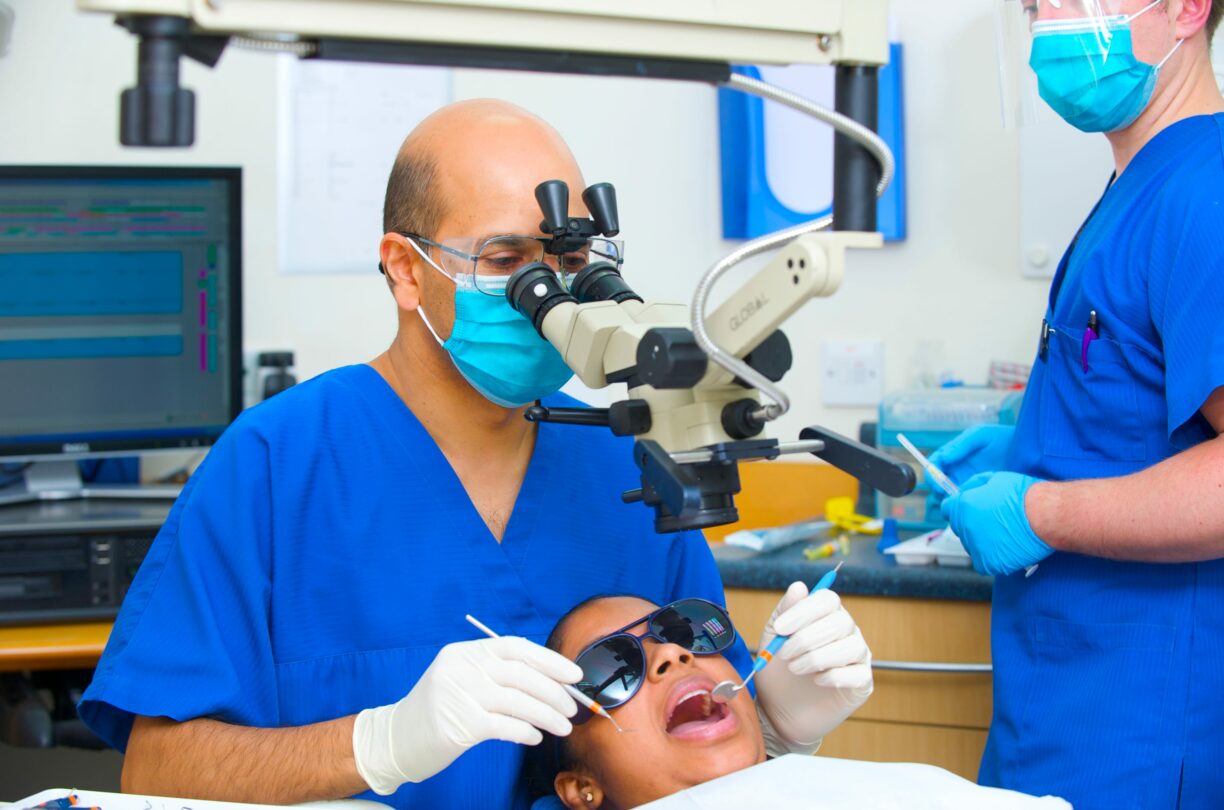By Rei Lantion | UPDATED: 11:28, 20 March 2020
In the US, over 38 million people struggle with migraines. Men and women between the ages of 18 and 44 are most often affected, and normally experience 1-2 migraines per month.
Those who struggle with chronic migraines, however, may experience up to 15 a month.
The symptoms can leave you bed-ridden and sometimes it feels there is no release from the pain.
What causes migraines?
It may seem shocking, but doctors aren’t actually positive why we experience migraines. The main theory is an imbalance of chemicals in the brain that can lead to pain. Although a wide population struggles with migraines, not everyone does. Some people are more susceptible to their effects than others. There are a few factors that typically impact this.
If your parents deal with migraines, unfortunately you probably will as well. According to research, migraines are most likely hereditary and influenced by our genes. Your age can also impact your relationship with migraines. They usually will start in your teenage years, being most common in your 30’s, and then decrease as time goes on.
Gender is the last, and greatest, variable when it comes to migraines. Women are 3 times more likely to experience migraines than men. They usually accompany a woman’s menstrual cycle and are more intense due to low levels of magnesium.
Migraines and Naturopathic Medicine
Symptoms
-
Pounding in head
-
Nausea
-
Dizziness
-
Sensitivity to light and sound
-
Severe pressure in head
-
Loss of appetite
-
Fatigue
Migraines can feel like a very intense headache and sometimes mimic concussion symptoms. Sometimes combating these symptoms requires taking multiple pills that contain ingredients you’ve never heard of before.
Don’t worry, there are natural remedies that can help treat your painful migraines. Some can even help prevent it from even coming in the first place!
Diet
Diet can influence your migraines intensity and frequency more than you think. In fact, 20% of headache patients are known to be food sensitive. Even the American Migraine Foundation has found links between Migraines and Diet.
There are certain foods that are known migraine triggers and others that are known to help with migraines. It’s important to track your habits and realize which foods impact you the most.
There is a decently extensive list of foods that are synonymous with migraine attacks. Look out for these popular ones:
-
Foods with nitrates, mainly cured meats
-
Cheese that contains tyramine (ex. blue cheese, feta, cheddar, parmesan, swiss)
-
Highly processed food
-
Cultured dairy product
-
Chocolate
-
Wheat
-
Foods/drinks that contain histamines (cheese, wine, beer, etc.)
-
Caffeine is known to help relieve migraines
It’s not quite understood why all these foods are triggers. Some cause blood vessels to expand, causing pressure in the head and usually worsening the pain of migraines. Others contain incredibly processed ingredients that react with the chemicals in the body in negative ways.
So, how do you know if you’re sensitive to these foods without cutting them out of your lifestyle completely?
The best way is to keep a food log. Track what you eat and when you feel a migraine coming. Headaches that come within 20 minutes to 2 hours within eating are most likely food induced.
Foods also contain various amounts of vitamins and minerals which can also impact your migraines.
Tracking these can be a bit trickier. Getting a consultation from a Naturopathic Doctor can help put you on the right path. It will take time, but hopefully after a while you’ll notice some correlations in your eating and migraine patterns.
Vitamins, Minerals, & Herbs
There are a lot of healing powers in small supplemental or herbal intakes. The best thing about these treatments is that they’re completely natural.
Whether it’s capsulized, in food, tea, or packaged in other ways, there are tons of options for what works best for you.
Magnesium is an excellent treatment for women who suffer from migraines, but it can help men as well. An existing magnesium deficiency can cause migraines.
This is important for women who’s magnesium levels naturally drop during their menstrual cycles. A pill isn’t always necessary to get good amounts of magnesium either. Other good magnesium sources are nuts/seeds, oatmeal, milk, and eggs.
B6 is another nutrient that can treat migraines. This vitamin aids in synthesizing neurotransmitters which can affect the brain’s understanding of pain, possibly making your headaches less intense.
Fish, non-citrus fruits, potatoes and other starchy vegetables are great natural sources of B6.
Some herbs are known for alleviating migraine symptoms as well. Ginger is a natural nausea suppressant and has also been known to lessen headache pain all around. Feverfew, a daisy resembling a plant, is also known for it’s pain relieving abilities.
These herbs can be taken in a variety of ways, but tea-based products are most common.
Even some essential oils are known to help with migraines.
Specialists
Sometimes, it can be challenging and overwhelming to alleviate your migraines on your own. Luckily, there are some specialists out there that can help. These treatments usually involve quicker relief, but can be more costly.
Massage therapists or acupuncturists are known for their migraine relieving abilities. Muscle tightness can be a main contributor to migraines and getting a quick tension release could completely alleviate your migraine completely.
When picking a therapist, just make sure to do your research. You want someone that is very educated on what your body needs.
Body alignment can also be contributing to your migraines. Regularly seeing a chiropractor could also help your migraines disappear. Keeping your bone structure in dynamic alignment will help balance your muscles to avoid unnecessary tension.
If you can’t find any remedies to assist with your migraine, you could consider getting pain management treatment. It won’t necessarily get rid of your headaches, but can help you tolerate the pain. This option is best when your migraines are so bad they prevent you from going about your everyday life.
Dr. Sarah Bennett, a physician at Natural Med Doc, says:
“Your pain shouldn’t interfere with your life. You deserve to get through the day without having to worry about your migraine symptoms getting the best of you.”
In Conclusion
Dealing with migraines doesn’t have to be as painful. Nor does it have to be treated with unnatural, unfamiliar remedies. Whether it’s food, supplements, or professional help, you can get the assistance you need and not have to worry about your next migraine attack.





